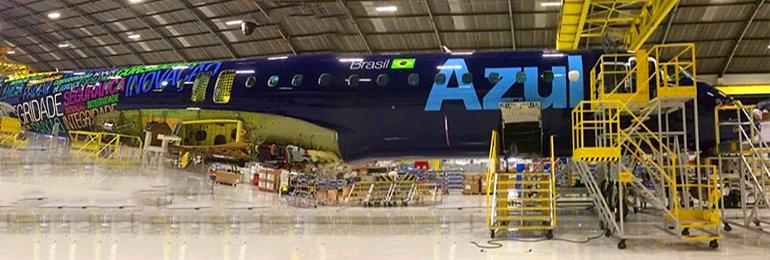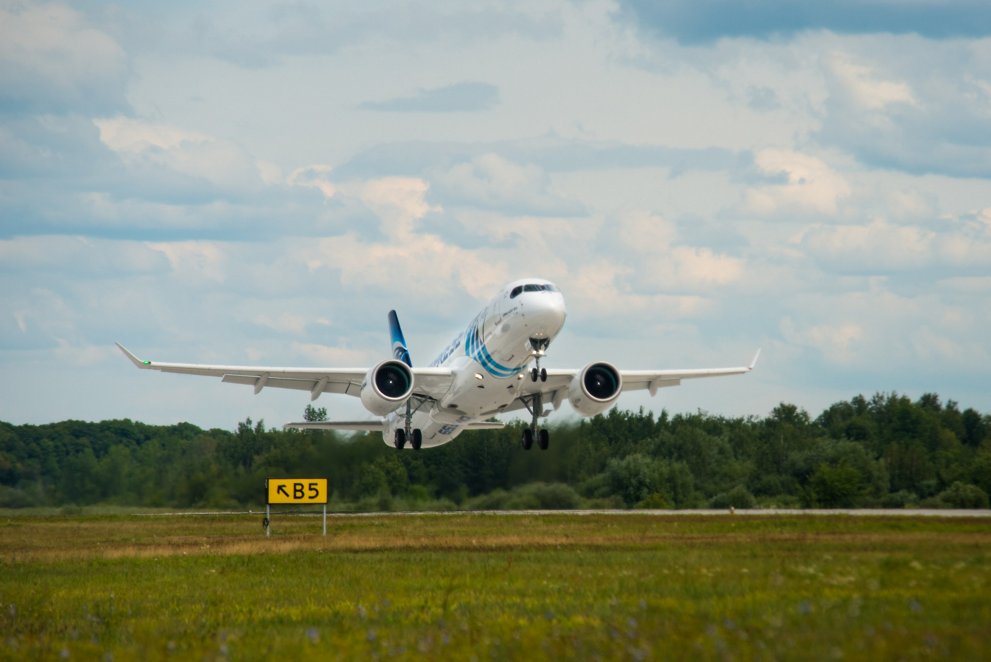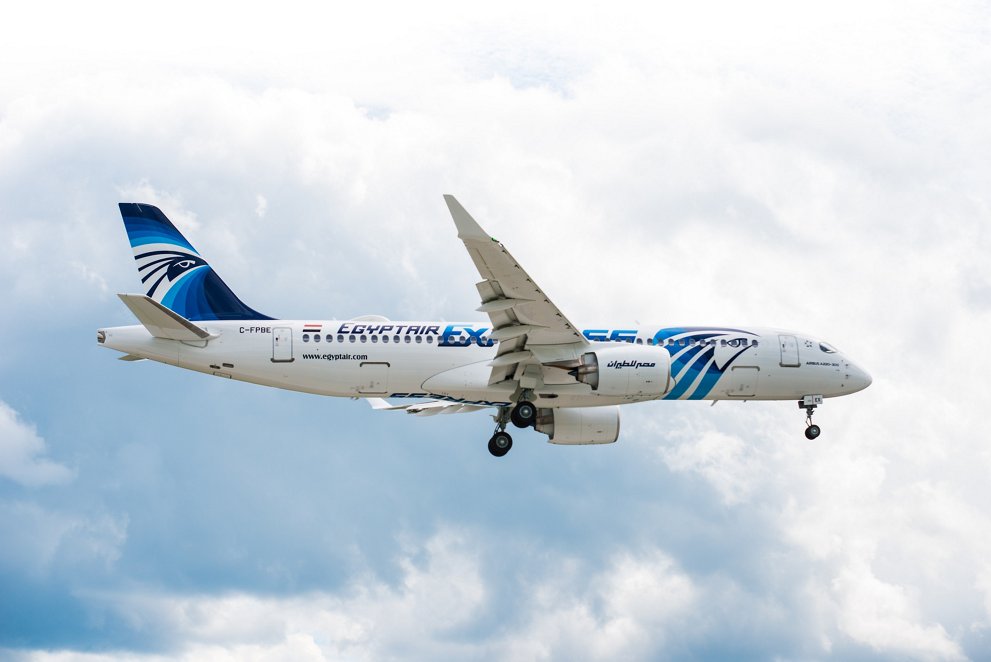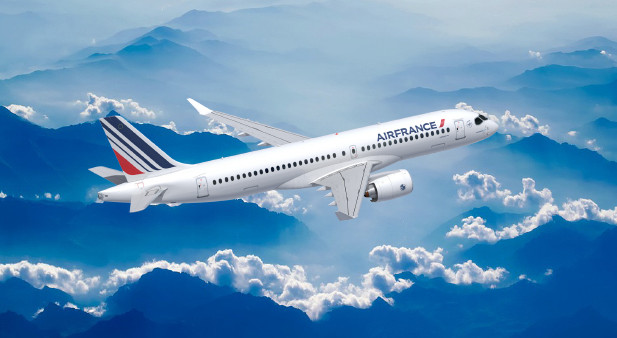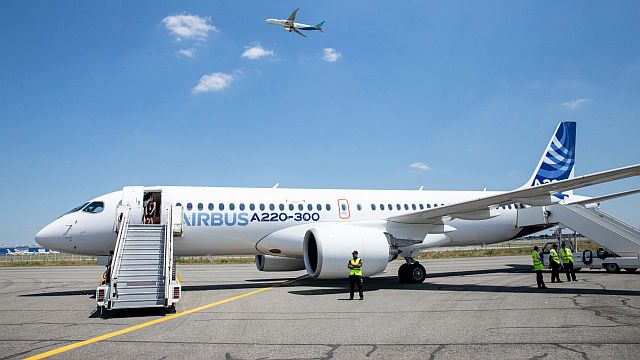PARIS/ZURICH (Reuters) – U.S. engine maker Pratt & Whitney faces new checks on engines for small jetliners after an engine failure forced a Geneva-bound Swiss jet to divert to Paris and prompted a brief grounding of the rest of the airline’s Airbus A220 fleet.
French air crash investigators classified the problem that disrupted the Swiss flight shortly after departure from London Heathrow on Tuesday as a “serious incident” and said it would be investigated by the U.S. National Transportation Safety Board.
It was the third engine incident involving the same airline and model of jet in as many months and resulted in a small amount of debris being scattered as the aircraft landed at Paris Charles de Gaulle, an airport source told Reuters.
It came just hours after France’s BEA agency launched an unusual appeal for 150 volunteers to scour an uninhabited wood in eastern France for a titanium engine part dating from the first blowout in July, which affected a Geneva-London flight.
A second incident in September caused a Swiss A220 to divert to Geneva, but on that occasion the engine’s housing contained fragments torn loose from the engine, the BEA said.
Swiss, owned by Germany’s Lufthansa <DLAKY>, said after Tuesday’s incident it had initially grounded its fleet of Airbus <EADSY> A220 jets for a “comprehensive inspection” of their engines.
Late on Tuesday, it said the first aircraft had already returned to service but that the inspections had forced it to cancel 100 flights, affecting 10,000 passengers.
Operations are expected to return to normal from Thursday.
ADDITIONAL CHECKS
Tuesday’s incident highlighted scrutiny of the performance of new-generation Geared Turbofan engines developed by Pratt & Whitney, a unit of United Technologies Corp <UTX>.
A spokesman for the engine maker said it was recommending additional checks for versions of the engine that power the Airbus A220 – an engine known as the PW1500G – and a rival Brazilian jet, the Embraer 190/195-E2.
A similar engine for the larger A320neo family, Airbus’ most-sold aircraft, was not affected.
“Pratt & Whitney and our airframe OEMs (manufacturers), working in coordination with the regulatory authorities, have recommended additional inspections of the low-pressure compressor for PW1500G and PW1900G engines to keep the fleet operational,” a spokesman said.
“The engines continue to meet all criteria for continued airworthiness. We are working closely with our customers to minimise disruption to their operations.”
Prompted by the earlier incidents in July and September, the U.S. Federal Aviation Administration ordered inspections on the same engine part in A220s and some Embraer jets in September.
On Tuesday, Delta Air Lines <DAL> said its A220 jets were flying as normal.
Air Baltic, which also flies the A220, said it was closely following Pratt’s latest recommendations but that it used a different version of the PW1500G engine from Swiss.
A total of 90 of the 110-130-seat A220 aircraft have been delivered, initially by Canada’s Bombardier <BDRBF> which designed the carbon-fibre jet, and later by Airbus, which bought the loss-making programme last year.
Airbus said it was working with Pratt & Whitneyand would co-operate with any investigation.
In Brazil, Embraer <ERJ> had no immediate comment.
The company uses Pratt’s PW1900G engine in larger versions of its upgraded 80-120-seat E2 jets.
It has delivered six E190-E2 planes split between Norwegian carrier Wideroe and lessor Aercap <AER>, and one E195-E2, which is not yet in commercial service but has been delivered to Brazilian airline Azul SA <AZUL>.
Azul said its operations were not affected.
(Reporting by Tim Hepher in Paris, Tracy Rucinski in Chicago, John Revill in Zurich, Michael Shields in Vienna, Marcelo Rochabrun in Sao Paulo, Allison Lampert in Montreal, Laurence Frost in Paris; Editing by Jane Merriman and Matthew Lewis)






